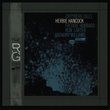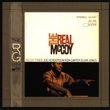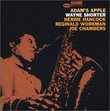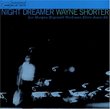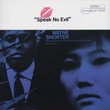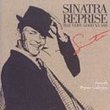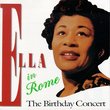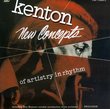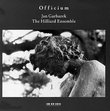| All Artists: Wayne Shorter Title: Juju Members Wishing: 3 Total Copies: 0 Label: Blue Note Japan Release Date: 2/22/1995 Album Type: Import Genres: Jazz, Pop Styles: Modern Postbebop, Bebop Number of Discs: 1 SwapaCD Credits: 1 |
Search - Wayne Shorter :: Juju
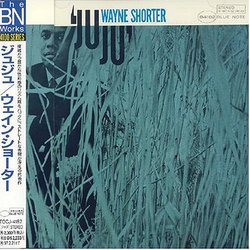 | Wayne Shorter Juju Genres: Jazz, Pop
Japanese Release featuring 24 Bit Remastering and LP Style Slipcase for Initial Pressing Only. |
Larger Image |
CD DetailsSynopsis
Album Details Japanese Release featuring 24 Bit Remastering and LP Style Slipcase for Initial Pressing Only. Similar CDs
Similarly Requested CDs |
CD ReviewsExcellent and a half Bill Your 'Free Form FM Handi Cyber | Mahwah, NJ USA | 07/06/2010 (4 out of 5 stars) "In the late 1980s, when in college and did not understand the cross currents in jazz, I was into 1960s free jazz. I did not really know the overlap between Blue Note and Impulse and how free and hard bop were at times running concurrently and at times bleeding into one another.
I bought Juju because it was made in 1965, and, with only Reggie Workman instead of Jimmy Garrison, had Coltrane's best band at peak power. Idiot little jazz boy that I was, I dismissed Juju when I heard it and it was not free jazz. But I found this today in the back of a pile, and understanding what I do now about jazz, played it. This is a fantastic hard bop album by the great Wayne Shorter, who, next to Coltrane, was probably the most adept tenor player of the 1960s. Juju is no head-solo-head album. These fantastic frameworks thrive on the razor cut grooves created by Elvin Jones. He is of course not drumming like he did with Coltrane in 1965, but lays down his brilliant polyrhythmic structures, which the whole band, including Jones, improvises on. Listen to the opening of the first and title track to hear the rich complexity of Elvin's framework. Workman is not as adventurous a bassist as was Garrison, but his thick, solid ostinatos lock into Jones' skeletons amazingly. If Juju thrives on one element, it is groove. Tyner is his usual agile self-I wonder if it was a relief for him to go back to non-free jazz in the middle of 1965--and Shorter is simply amazing with his sharp, and yes, pre-free 'Trane "scrambled eggs" approach to soloing. Hard bop, free, groove: it really does not matter, which is what I now know, but I also know Juju is high quality and complex jazz, and you just gotta hear it" |

 Track Listings (6) - Disc #1
Track Listings (6) - Disc #1